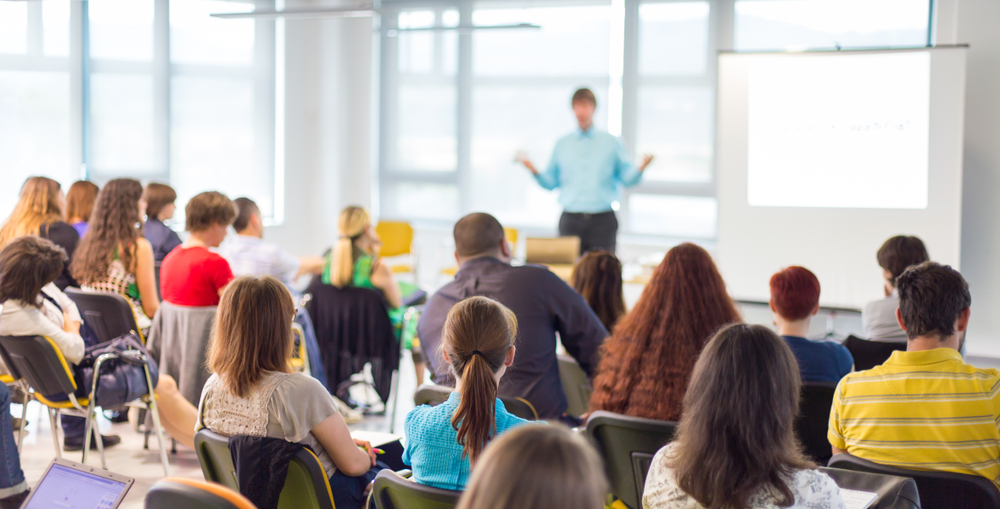
Liverpool World Centre and the Get Up and Goals project delivers Global Education and Sustainable Development training to Young Citizens
[Global education is] education that opens people’s eyes and minds to the realities of the world, and awakens them to bring about a world of greater justice, equity and human rights for all. -Europe-wide Global Education Congress 2002
Jacquie and Pablo from LWC delivered a training session back in June 2020 to a national charity based in London called Young Citizens. Young Citizens is an education charity working in primary and secondary schools to help educate, inspire, and motivate the active citizens of tomorrow. This is a charity that works across the UK to help teachers deliver Citizenship which is a statutory curriculum subject.
‘We help young people learn how our democratic institutions work, and how to take action for change in their own lives and communities.’
Tom Franklin, CEO
The aims of the session were to enhance the understanding of Global Citizenship for the Young Citizen staff , to increase their knowledge of the Sustainable Development Goals and use examples from the GUAG project of methods that could be applied to their practical work with teachers. This was an exciting experience for LWC as it marked a development in our training and helped us trial a few techniques online. The session enabled staff to explore the differences and similarities between global citizenship and citizenship. They investigated through participatory methods what the Global Goals are and considered how these might be relevant to their own work. Staff were encouraged through discussion to examine the need to engage with the SDGs in a critically reflective way and use these to support their own education programmes.
They were introduced to the key themes of the SDGs:
- Universality
- Sustainability
- Participation
- Leave no one behind
Within the session key questions were examined and debated such as:
- Do the charities like ‘Young Citizens’ have a responsibility to increase awareness of the Sustainable Development Goals?
- Do you think educational charities have a role to play in supporting the SDGs? [through advocacy etc.]
- Do you think this charity should be encouraging young people to put pressure on government to achieve the global goals for 2030?
- What projects are you doing already that link to the SDGS?
- What resources do you produce where there is a direct link to the SDGs ?
Reflection by: Tom Franklin, CEO of Young Citizens
Young Citizens reaches around 4,000 primary and secondary schools in the UK each year (about 20% of the total) with a range of programmes covering different aspects of citizenship education. Some of these are experiential programmes – where young people get the chance to practice the skills and gain the confidence of being active citizens; others are aimed at providing teachers with the teaching resources and training to provide high quality citizenship education for young people. We decided that we wanted whole-school training about both the SDGs and the concepts around Global Citizenship Education to help our staff team make effective links with our own work. Although there are cross-overs, we’ve recognised that sometimes these could be made more explicit, and also at times we miss opportunities to include global dimensions to our work. The value of having a whole-staff team training is that it has meant that knowledge and understanding has been spread across the organisation so that there is now an organisational dialogue about the SDGs and Global Citizenship Education.
This is likely to help us in the following ways:
- We will be signposting the relevant links to the SDGs for our existing teaching materials, so that teachers can see how a particular resource can help young people to learn about a specific SDG. This mapping exercise is similar to the approach we’ve taken with the national curriculum topics.
- We will be looking for gaps in our materials on global citizenship education or the SDGs, for us to include in our schedule of future work.
- For some of our experiential programmes, such as our social action programmes, we will look at how we can make adaptations to include further global citizenship options.
We are hoping that this will feed through into concrete changes over the next 18-months, dependent on what happens with the pandemic situation.
Global Citizenship Education (GCED) aims to empower learners of all ages to assume active roles, both locally and globally, in building more peaceful, tolerant, inclusive and secure societies. (https://en.unesco.org/themes/gced/definition)
